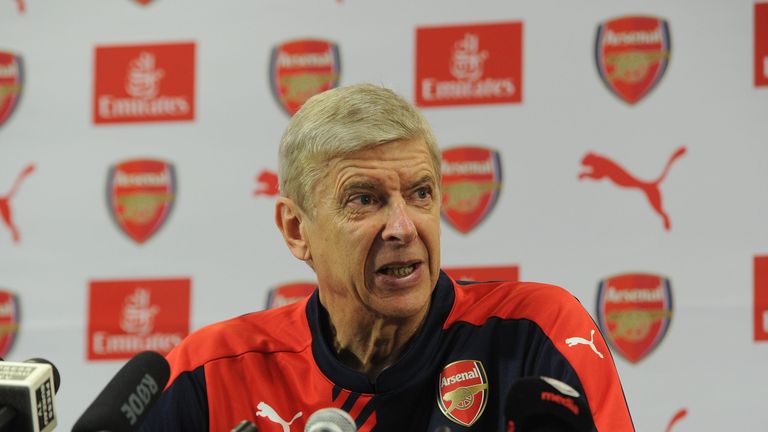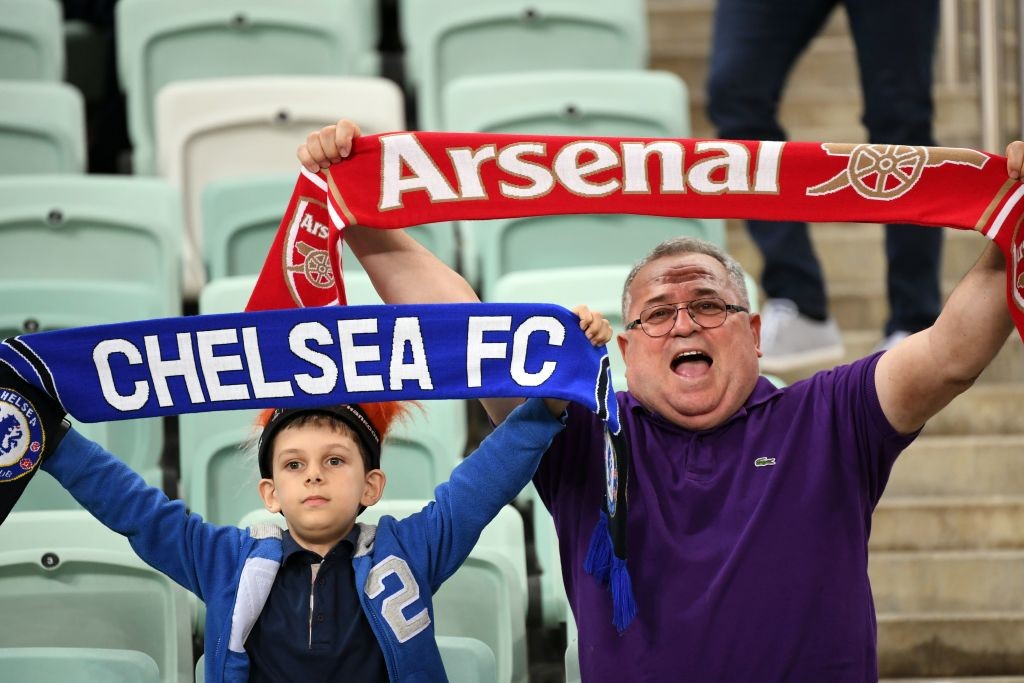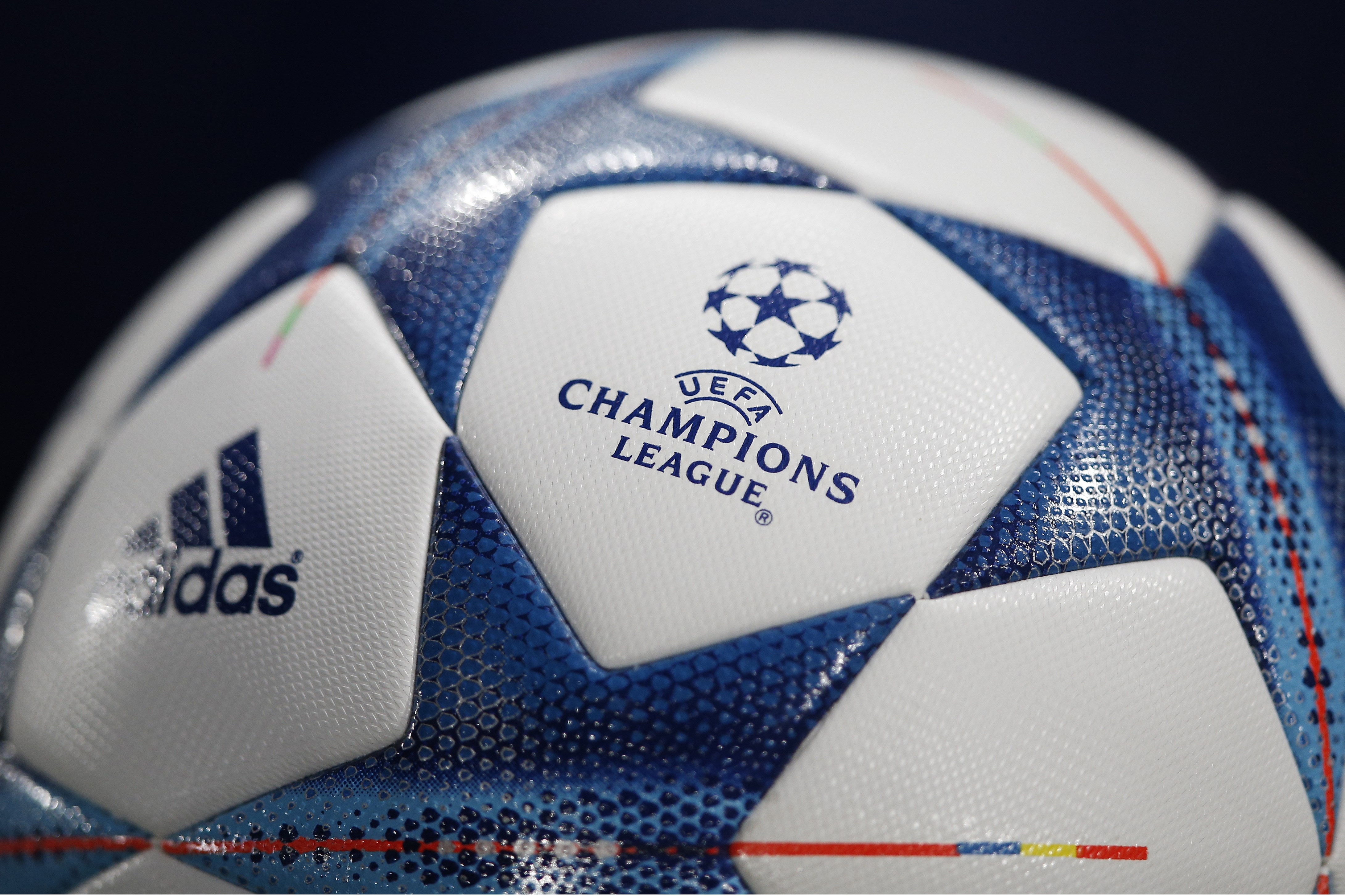Britain’s decision to leave Europe has sent shock waves around the world. While the economy stagnates and the pound falls, the move to ‘leave’ the EU could cause massive changes in the Premier League.
Despite their multi-million wages and fancy cars, Premier League footballers are first and foremost employees of their respective clubs. Those who originate from outside Britain were previously allowed free movement into England’s top flight. With the decision to cede from the union, clubs will now have to attain work permits and constantly renew contracts to keep their top European stars.
FA Chairman Greg Dyke told BBC Sport, “Clubs could suddenly find players are much more expensive because the pound is worth less.” The effect of this has already been noted in Manchester United’s pursuit for Henrikh Mkhitariyan, as Dortmund initial valuation has risen in terms of pounds, while remaining the same in Euros.

Until the pound climbs back to a position of stability and security, net values of top Premiership clubs will continue to be on the decline.
In the 2015-16 season, there were 432 European players registered to play in the Premier League. While the rules will not apply to players like Juan Mata and Santi Cazorla retroactively, once their contracts are over with their current club, they must undergo the same process as players outside Europe do.
According to the new set of regulations that clubs will have to abide by, a player from a top 10 nation, has to have played 30% of their international teams’ fixtures, in the two years before the application is filed. According to Sky, if these rules were applied last year, N’golo Kanté, Dimitri Payet and Anthony Martial would not have been able to join their clubs and be such pivotal players for their respective teams.
Players belonging to nations ranking 11-20 would have to have played 45% of their teams international fixtures in order to secure a work permit, meaning that younger players could face an upward battle, in order to get signed.
Arsene Wenger, as noted in The Independent, said that finding quality players might prove a tougher task in the years ahead. “In life you have to be confronted with quality, to improve you have to be confronted with quality,” he said. “To ignore the quality and say let’s remain amongst ourselves doesn’t work, because now they are controlling with the best players in the world,” he added.

Similarly, West Ham United chief executive, Karen Brady told The Times, “Cutting ourselves off from Europe would have devastating consequences for the economy and the competitiveness of British football, and would stand in stark contrast to football’s spirit of openness and inclusion.”
‘Openness’ and ‘inclusion’ are two facets of the Premier League, that have made it one of the most coveted destinations for footballers the world over. While many famed European heavyweights won European championships with top sides from other nations, the Premier League has always been the most competitive out of the top-tier leagues.
The essence of ‘competition’ is what many fear will be lost once the new laws come into place, but Brexit could serve as a blessing in disguise.
‘Brexit’ is unlikely to impose quotas for domestic players like the Russian league, but it will significantly hinder the reputation of the league, which has forged such talents as Cesc Fabregas and Cristiano Ronaldo at young ages.
The rule would force English sides to recruit more local talent. Clubs will only be able to sign European players under the age of 18 if their parents legally reside in the UK. This could open the door for academies to focus on successfully blooding more promising British talents. A rehaul of the current British system, which is much-needed, will have to begin with the youth.
What must be focused on however, is that these changes will take a full two years before they are fully implemented. Within that time, the Premier League could possibly negotiate deals with other nations, as noted by prominent football journalist Gab Marcotti. At this moment, however, everything is conjecture.
The pound might have lost a substantial value overnight, but the Premier League is not likely to. The current Sky broadcasting deal, which earned the league £5bn will make the top-flight clubs richer than before, and England will still be an attractive destination.
Much like the general public however, this intricacy might be lost on many footballers, who will want certainty and stability in their place of employment. Their faith in Britain might be in doubt at present, but once the dust has settled and players are counting their high salaries, the feelings might not be so antagonistic.
The UK might be out of the EU, but the British FA is still very much a part of UEFA. If there is one industry, in which the UK greatly benefitted from the rest of Europe, it is football.



